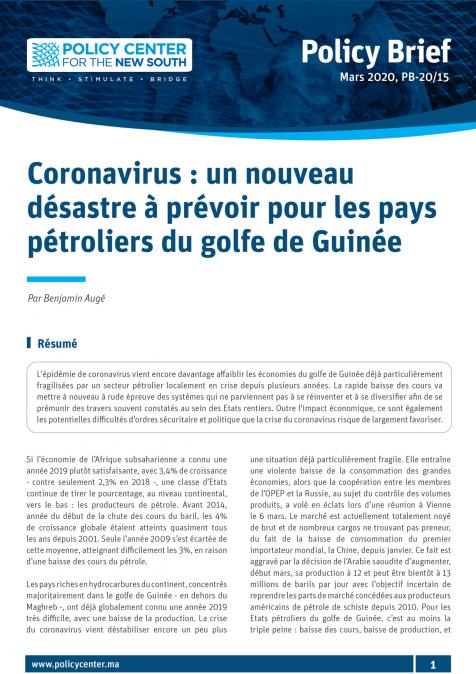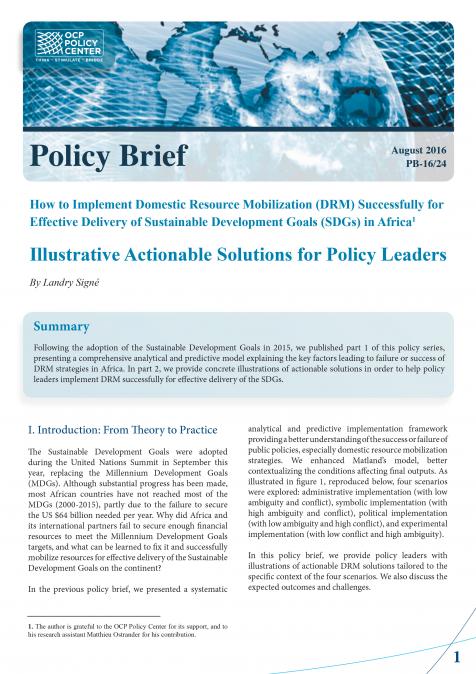La pandémie a déclenché une crise de développement sans précédent, qui a remis en cause la résilience de nos systèmes économiques, politiques et sociaux. Mais, dans l’effort de confronter ses implications multiples, il y a aussi une opportunité de s’élargir vers de nouveaux horizons en encourageant les gouvernements et les acteurs internationaux à adopter des modèles de développement qui assurent un avenir plus sain et plus prospère. La pandémie sera-t-elle considérée comme un tournant historique dans la conceptualisation de nouvelles perspectives pour le développement ? Comment façonner l’avenir du développement pour des sociétés plus durables et égalitaires ? Quels devraient être les secteurs prioritaires pour sortir plus forts de la pandémie et transformer nos économies, et créer des emplois ? Surtout, comment les pays à faible revenu du bassin atlantique, peuvent-ils transformer leurs économies et leurs sociétés ? Compte tenu de la nature asymétrique de la reprise au niveau mondial, que peut faire la communauté internationale pour assurer une reprise plus équilibrée entre les Etats ?








